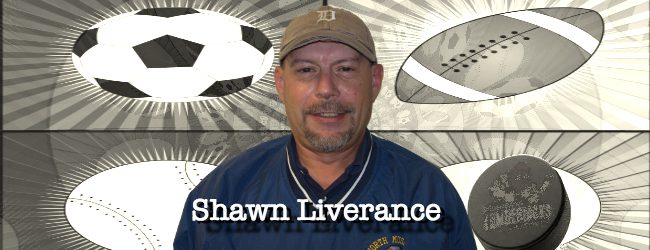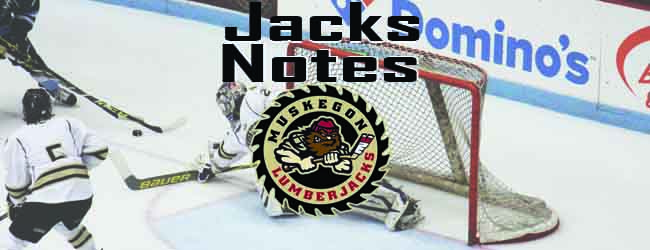Trick plays in baseball have been around since Abner Doubleday invented the game in Elihu Phinney’s cow pasture in Cooperstown, New York, in 1839.
There are numerous defensive trick plays that have been used over the years.
There are plays called “The Fake Pick-Off”, “The Phantom Catch”, “Third Base Bunt Fake-Out” or the most famous trick play “The Hidden Ball Trick.”
When I played baseball growing up many years ago, we spent nearly as much time and energy devising trick plays designed to deceive our opponents as we did working on fundamentals.
Maybe its because of baseball’s slow pace of play and emphasis on strategy, but we knew it was a sport that rewards trickery.
We devised a ton of variations of the “Hidden Ball” trick. We would devise these plays on our own neighborhood ball diamond.
We would spend all day playing baseball in the summer and plenty of that time was spent trying to pull off trick plays on the baseball field.
We were a bunch of young kids, who loved baseball and who knew about the extensive list of “unwritten rules” in baseball and we tried to pull these off amongst friends.
Although, we practiced these trick plays nearly everyday, rarely did they work and never did we pull one off in an actual Little League game in our hometown.
So where does this all lead to?
Well, Muskegon Catholic got duped by a trick play in its Division 4 regional championship game loss to Beal City on Saturday.
There has been plenty of reaction on if the play was ethical or not.
To set the stage, Muskegon Catholic had a runner on second base in the sixth inning with two outs when Beal City pulled off a “Pick Off Trick Play.”
Beal City’s pitcher wheeled around for a pick off throw to second base only instead of throwing the ball he left it in his glove.
The shortstop and second basemen dove for the “fake throw” and ran into the outfield as if they were chasing the ball. The centerfielder also was involved as he turned and ran toward the fence as if the ball rolled past him.
Believing the ball had been throw into the outfield, MCC’s base runner took off for third base only to be tagged out by the pitcher who had the baseball.
This was a play Beal City had used three times this season and it worked twice prior to Saturday’s game.
Many reactions to video of the play didn’t think the deception was in the best spirit of the game.
I disagree with those people.
It is part of the game and always has been.
I do believe using trick plays should never be used to embarrass a team or a player.
You would never call for a trick play if a team was way ahead in a game and that was not the case on Saturday.
Beal City was ahead 1-0 at the time and it was perfect time to use the play, which had worked well for them in the past.
It worked to perfection and kept the Aggies in the lead at the time.
Yes, the play appeared to have been practiced and rehearsed, but it was a legitimate part of the game.
Baseball is a game full of deception.
Pitchers have allegedly doctored baseballs to get more movement on their pitches, batters allegedly alter their bats for enhanced performance, teams attempt to steal signs from their opponents and home teams have been known to manipulate the length and condition of their infield depending on the opponent.
Some of the above acts are illegal and should most definitely not be part of the game and anyone found to be guilty of any illegal offense should be punished appropriately.
That was not the case of the play Beal City pulled off against Muskegon Catholic.
It was totally within the rules of the game and the play didn’t cost the Crusaders the game as they had several opportunities to score prior to the trick play.
Kudos for the Aggies for pulling off the play.
It only emphasizes the old cardinal sin in any sport.
Never take your eye off the ball.










shouldn't it be a balk? He was clearly trying to deceive the runner. That was the reasoning for removing the 3rd to 1st pickoff play.
No balk Josh. Once he was off the rubber didn't matter what he did.
i understand it wasn't a balk by current definition my contention is that any trick play involving the pitcher could be construed as a balk since they are trying to deceive the runner. same thing with a pitcher in the wind up postion with hand in glove used to be able to step off, now they have to call time or it is a balk – actually the rule was always written that way but now they are enforcing it.
Josh Bisson Very good point now they are enforcing that about time. And I see your point about deception. But, its always been a part of baseball. Like the Hidden Ball Trick. Not sure how you eliminate it at this point as its part of the fabric of baseball.
agreed. As a coach, I'm disappointed that they took out the 3rd to 1st move but allow this one still. Either make any move that deceives the runner a balk or leave alone and let the boys play. (and for the record, I agree with you that this one play did not cost MCC the game).
Josh Bisson I agree with you. Either take them all out or leave them in the game. And yes it didn't cost MCC the game. Lots of MCC fans didn't think it was a fair play. Well, sorry folks its part of the game.
We pulled off a rather easy trick play back in pony league. Our pitcher walks a batter, the catcher steps outside the line and throws me the ball at first base. I stood there nonchalantly, ball in glove, waiting for the baserunner to arrive and automatically take his lead. I was there to tag him out. I think it worked twice. Once, I heard "that's bush league" from the first base coach. Actually, it was his fault for not paying attention.
I agree with you Shawn that trick plays are a part of baseball. We almost put the play in ourselves as I have seen it done a number of times on youtube. My problem with the play was the involvement of the Beal City crowd. They were in on the play and were screaming go from behind where I was coaching in the 3rd base coaching box. I knew that the pitcher had the ball the entire time, but my yelling stay on the bag was drowned out by the Beal City fans that were behind me along the 3rd base line. To me, that is like having a fan steal signs and relaying them to the hitters. I agree that it didn't cost us the game as there were other opportunities for us to score some runs, but I really don't agree with fan involvement on that or any other play. Having said that, it was a great high school baseball game, and I think that may have been the state championship game.